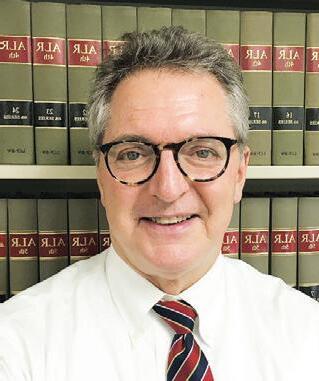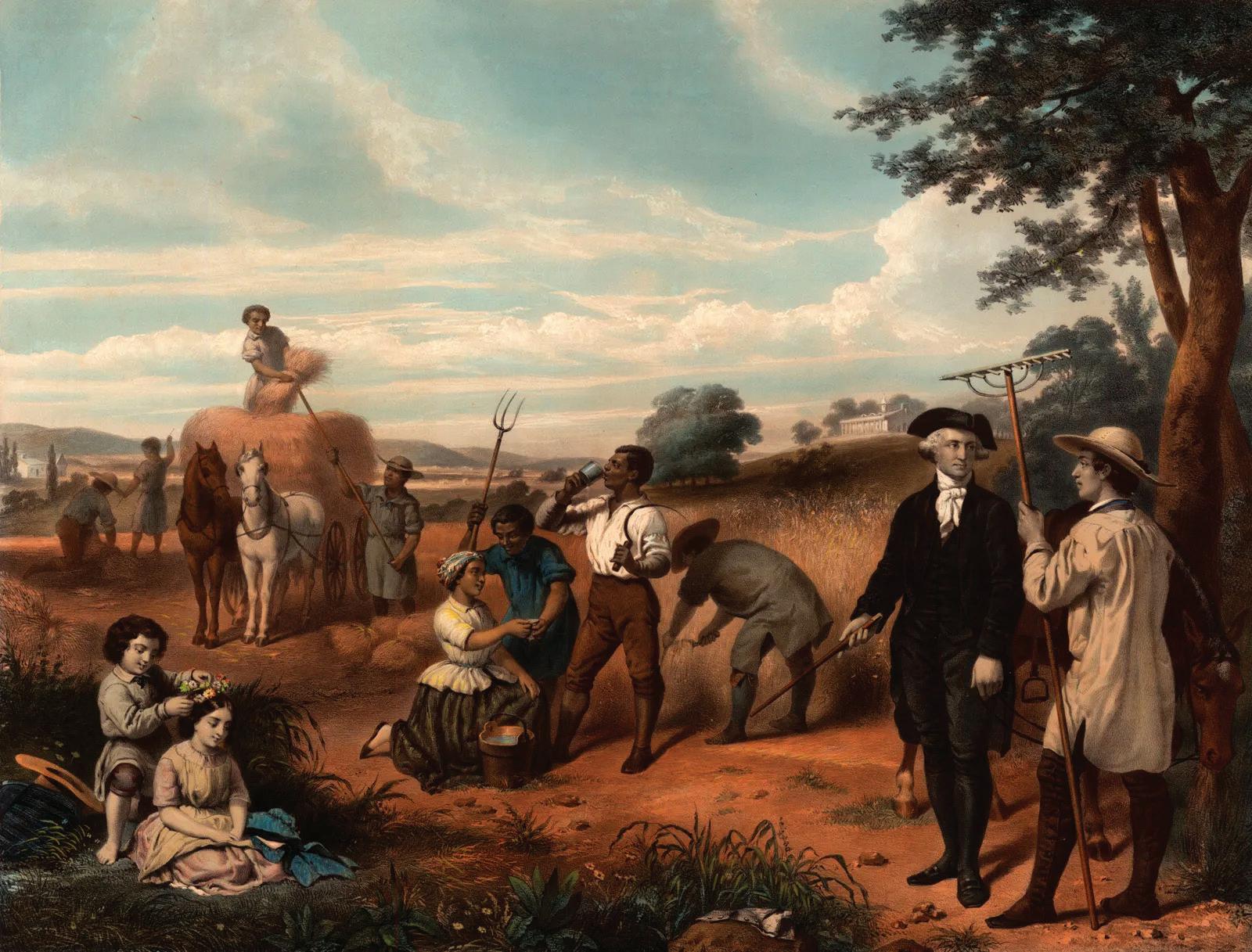
3 minute read
John Laurens' Folly
from July 2023
by VIP Magazine
In the Winter of 1778, John Laurens was serving as General Washington’s aide-de-camp in Valley Forge, Pennsylvania. On January 14, he wrote a letter to his father Henry, the president of the Continental Congress. Henry was one of the largest slaveowners in the colony of South Carolina. In his letter, John asked his father to release to him “able bodied men Slaves, instead of leaving me a fortune.” John was certain that he could train and equip a regiment of Black soldiers to fight in the Continental Army. “I am sure of rendering essential Service to my country… I am tired of the Languor with which so sacred a War as this, is carried on.” John argued that his plan accomplished a “two-fold good … advance[ing] those who are unjustly deprived of the rights of mankind to a state which would be proper gradation between abject slavery and perfect liberty.” He was proposing that these men would secure their freedom through military service. He argued that “Men who have the habit of subordination almost indelibly impresse’d on them, would have one very essential qualification of soldiers.”
Henry, while not flatly rejecting the proposal, expressed misgivings. He asked his son “[H]ave you considered that your kind intentions towards your Negroes would be deemed by them the highest cruelty, & that to escape from it they would flee into the woods, that they would interpret your humanity to be an exchange of slavery a state and circumstances not only tolerable but comfortable from habit, for an intolerable. Taken from their wives and children and their little plantations to the field of battle where loss of life and loss of limbs must be expected by every one every day.”
Advertisement
John promptly responded, “I have long deplored the wretched State of these men and considered in their history the bloody wars excited in Africa to furnish America with Slaves, the Groans of despairing multitudes toiling for the Luxuries of Merciless Tyrants.” He asked his father “when can it be better done, than when their enfranchisement may be made conducive to the Public Good?” Henry continued to discourage his son’s idea, but at the same time he did discuss the matter with a number of his colleagues in Congress, all of whom were opposed. Henry also warned John that if he persisted, he would suffer the derision of his contemporaries and be viewed as a laughing stock. On February 15, 1778, John responded to his father that he would not pursue the matter further. Henry responded, “You would not have heard the last jeer until the end of your life.”
story by Mark W. Buyck, III
The next year, 1779, South Carolina feared an imminent invasion by the British. Governor John Rutledge sent Brigadier General Isaac Huger to the Continental Congress to request military aid. When Huger arrived in Philadelphia, he met with a 5-member committee of the Congress tasked with developing a plan to defend the southern states. Henry was a member of the committee. After discussing the matter with Huger, the committee presented a report to Congress recommending that South Carolina and Georgia raise a Black battalion of “3000 able bodied Negroes.” Congress adopted the plan and agreed to pay $1000 to the owner of each slave enrolled and all who served loyally would receive their freedom and $50 at the conclusion of the war. The Continental Congress conditioned the plan upon the approval of the two state governments.

Congress then commissioned John Laurens as a Lt. Colonel and directed him to travel to South Carolina and present the plan to the government. Governor Rutledge and the privy council were deeply disappointed that instead of sending Continental troops, Congress instead proposed that the state arm its enslaved. On May 26, Governor Rutledge and the council formally rejected the Congress’s plan.
John Laurens’ idea would be rejected two more times. After his exchange in November 1780, he planned on returning to South Carolina with the expectation that attitudes had changed since the surrender of Charleston and the government would be agreeable to a slave battalion. From his own funds, he acquired uniforms and arms for 400 soldiers. Before he could leave Philadelphia for South Carolina, plans changed and Congress elected him a special minister to France, as discussed in last month’s article. Following the surrender at Yorktown in 1781, John Laurens once again returned to South Carolina. Contrary to his father’s fear of shame, he was selected a member of the Jacksonborough Assembly which first convened on January 8, 1782. Even though the British had surrendered at Yorktown, Charleston was still occupied and fighting continued in the state. John proposed to the Assembly that the state take 2,500 slaves confiscated from Loyalists’ plantations and form a slave battalion. Again, this motion was overwhelmingly unpopular and promptly voted down. He would die in battle before the end of the year.

During the war, African Americans fought on both sides. It is estimated 20,000 served in the British cause, which, like John Laurens, promised freedom at the conclusion of hostilities. It is also estimated that as many as 5,000 Black soldiers saw combat for the Patriots, the most famous being the 1st Rhode Island Regiment.















